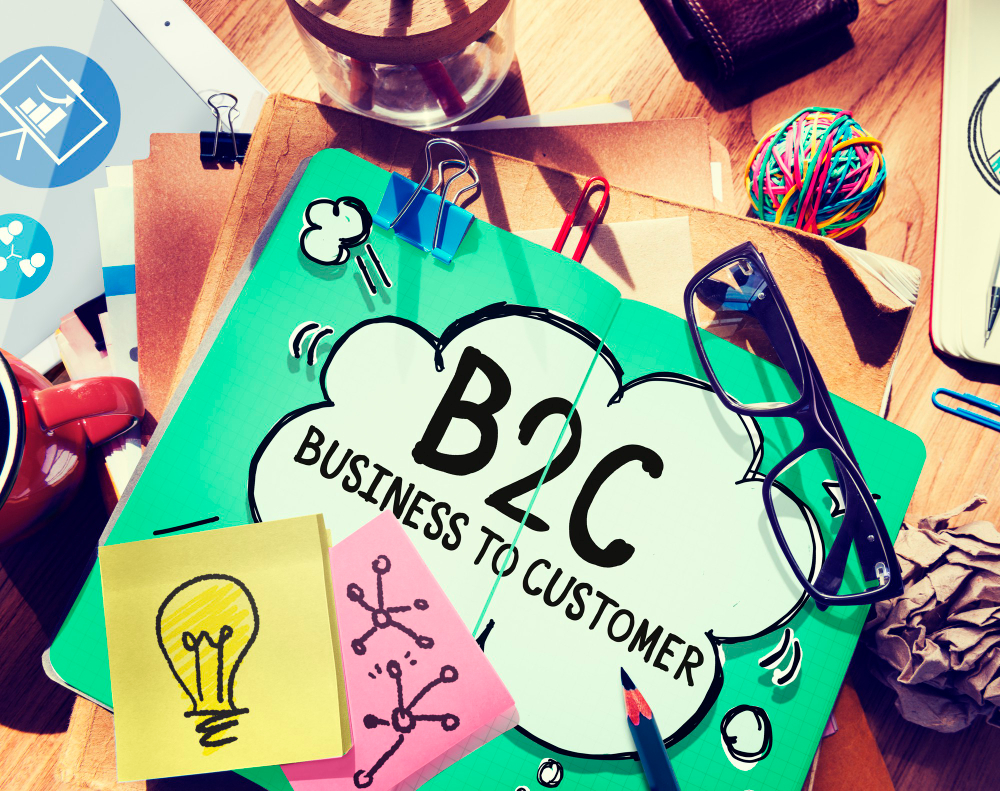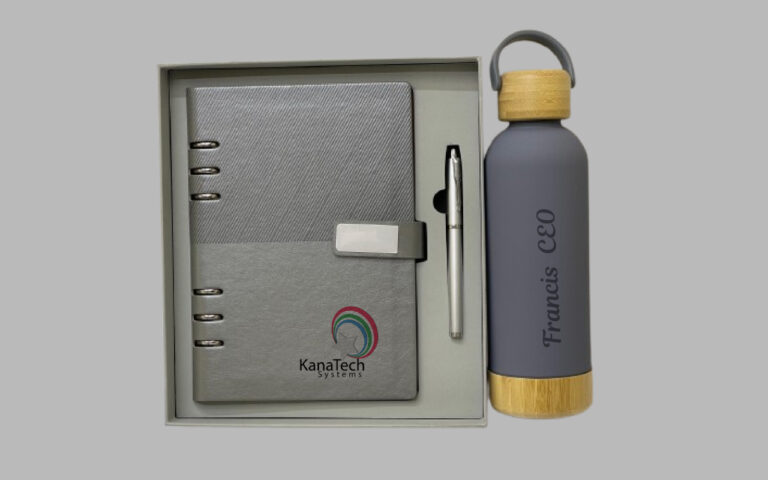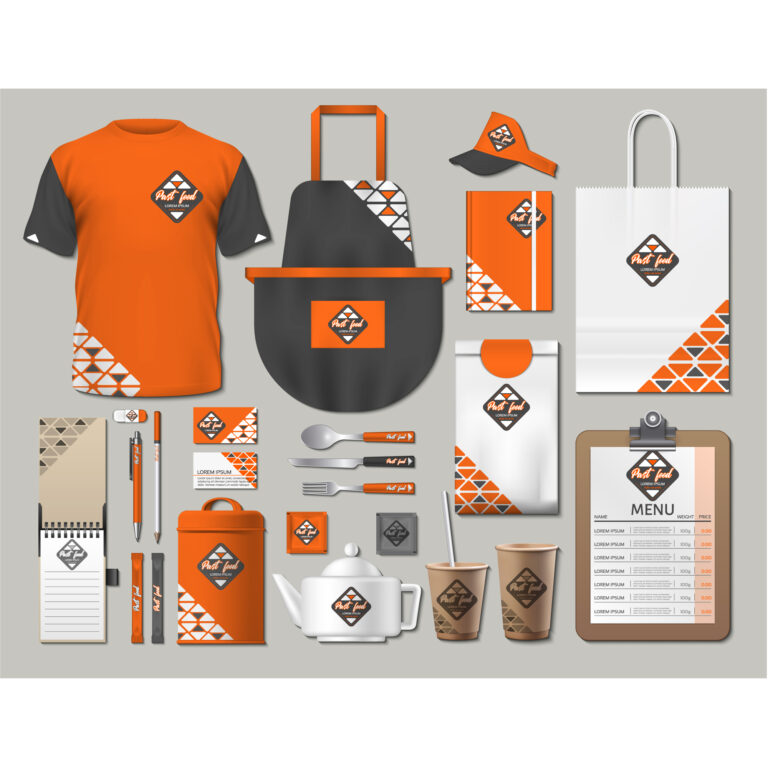In Kenya’s dynamic business environment, small and medium enterprises (SMEs) are thriving and competing for market share. A strong brand is essential to stand out, attract customers, and build trust in such a competitive landscape. This guide offers actionable branding tips tailored for Kenyan SMEs to help them build and maintain a memorable identity.
1. Define Your Brand Purpose
Your brand purpose is the reason your business exists beyond making a profit. Ask yourself:
- What problem does my business solve?
- What unique value do I offer?
- How do I want customers to feel about my brand?
For example, a bakery in Nairobi might define its purpose as “bringing joy to families through freshly baked, affordable treats.” This purpose resonates emotionally with the target audience.
2. Understand Your Target Audience
Kenya’s diverse market means your brand needs to cater to specific customer groups. Conduct market research to understand:
- Demographics: Age, gender, income level.
- Preferences: What do they value in your industry?
- Pain Points: What problems can your product or service solve?
For instance, if your SME targets young professionals in Nairobi, emphasize convenience, innovation, and affordability in your branding.
3. Create a Memorable Logo and Visual Identity
Your logo and visual elements (colors, fonts, and imagery) should reflect your brand’s personality. Invest in professional designers to ensure your logo is:
- Simple and easy to recognize.
- Relevant to your business and industry.
- Scalable for use on different platforms (websites, business cards, signage, etc.).
4. Craft a Strong Brand Message
Your brand message communicates who you are and why customers should choose you. It includes:
- Tagline: A short, memorable phrase (e.g., “Affordable Elegance” for a fashion boutique).
- Value Proposition: Highlight what makes you unique.
- Core Message: Reinforce your commitment to quality, customer service, or innovation.
5. Leverage Local Culture and Context
Integrating local culture into your brand can make it relatable and appealing. For example:
- Use Swahili phrases or proverbs in marketing campaigns.
- Incorporate Kenyan motifs or colors in your logo and packaging.
- Celebrate national holidays and cultural events through your branding.
6. Build a Strong Online Presence
Kenyan consumers increasingly rely on the internet to discover and engage with brands. Strengthen your digital footprint by:
- Creating a Professional Website: Ensure it’s mobile-friendly, fast-loading, and showcases your products or services.
- Leveraging Social Media: Platforms like Facebook, Instagram, and TikTok are excellent for connecting with your audience.
- Utilizing Google My Business: Helps customers find your physical location and contact details.
7. Focus on Consistency
Consistency builds trust and recognition. Ensure your branding is uniform across:
- Social media profiles.
- Packaging and promotional materials.
- Customer communication (emails, text messages, and customer service).
For example, use the same logo, colors, and tone of voice on your website and in your physical store.
8. Emphasize Quality and Customer Experience
A strong brand isn’t just about aesthetics; it’s about delivering on your promises. Ensure:
- Your products meet or exceed customer expectations.
- Your customer service is prompt and friendly.
- You respond to feedback, whether positive or negative.
Word of mouth remains powerful in Kenya. Happy customers will recommend your brand to others.
9. Collaborate with Other Brands
Partnering with complementary businesses can enhance your visibility. For example:
- A beauty salon can team up with a cosmetics supplier for co-branded events.
- A café can collaborate with local artists to display their work.
Such partnerships can attract new customers and enhance your brand’s credibility.
10. Invest in Corporate Social Responsibility (CSR)
CSR activities showcase your commitment to the community. Consider:
- Sponsoring local events or school programs.
- Donating a portion of your profits to a charitable cause.
- Participating in environmental initiatives like tree planting.
These efforts improve your brand’s image and foster loyalty among socially conscious customers.
11. Adapt to Trends and Innovations
Stay ahead by embracing new technologies and trends. For instance:
- Use mobile payment solutions like M-Pesa for seamless transactions.
- Explore e-commerce platforms to reach a wider audience.
- Incorporate AI tools for customer support and marketing automation.
12. Measure Your Branding Efforts
Track your branding performance to understand what works. Use metrics like:
- Social media engagement (likes, shares, comments).
- Website traffic and conversions.
- Customer retention rates.
Tools like Google Analytics, Facebook Insights, and email marketing platforms can help you gather actionable data.
13. Tell Your Brand Story
Stories resonate with people. Share your journey, struggles, and achievements to connect emotionally with your audience. Use your website, social media, or local events to tell your story.
For instance, a farmer’s cooperative might share how their products empower smallholder farmers.
14. Be Patient and Persistent
Building a strong brand takes time. Stay consistent and keep improving. Learn from successful Kenyan brands and adapt their strategies to fit your SME.
Final Thoughts
Branding is a journey, not a one-time effort. By focusing on clarity, consistency, and connection, Kenyan SMEs can create brands that stand out in the market. KanaTech Systems can help implement these tips to build a strong, recognizable brand for you which resonates with your audience and drives long-term success.
















